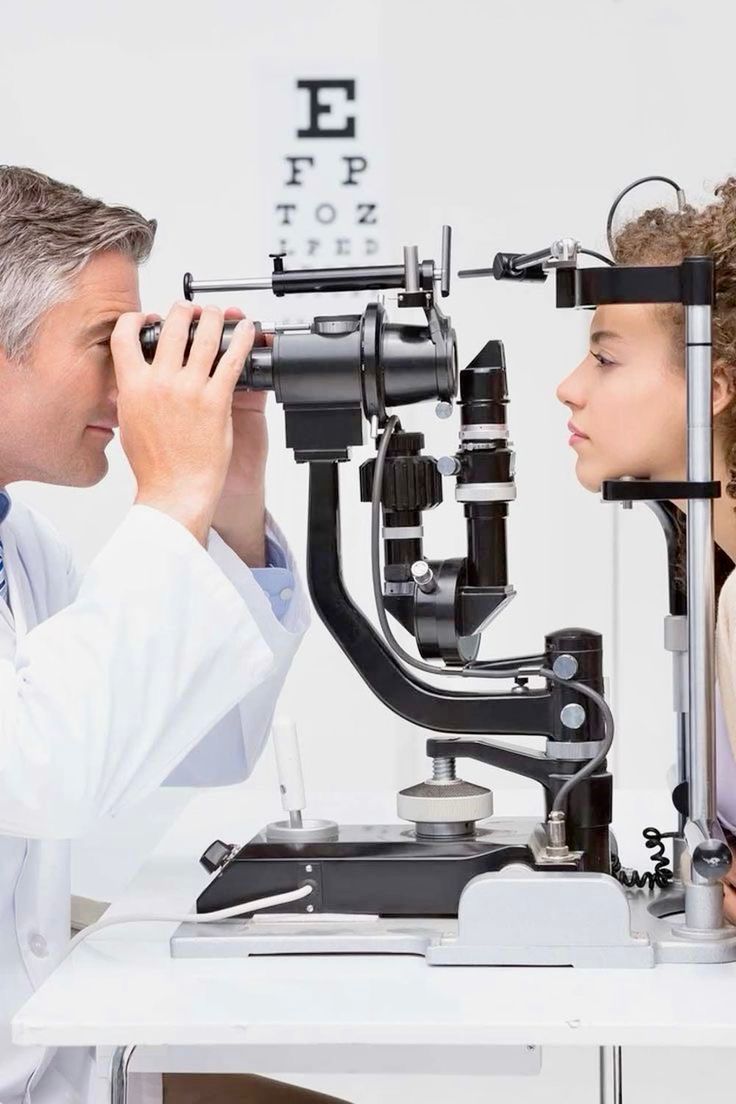
The Importance of Regular Eye Exams: What You Need to Know
Regular eye exams are a crucial part of maintaining good eye health. Many people underestimate their importance, often only seeking care when they are already experiencing significant problems. However, regular check-ups are essential for detecting eye disease early and preserving vision.
- What are regular eye exams?
Regular eye exams are appointments with an ophthalmologist or optometrist during which tests are performed to assess the health of your eyes and the quality of your vision. These exams may include assessments of visual acuity, intraocular pressure, fundus examination, and visual field tests.
- Benefits of regular eye exams:
Early Detection of Diseases: Many eye conditions, such as glaucoma, macular degeneration, and diabetic retinopathy, have no symptoms in their early stages. Regular eye exams can help identify these diseases before they cause irreversible damage.
Vision Preservation: Detecting problems early allows treatments to be started before vision is severely compromised. This may include optical corrections, medication or surgery.
Monitoring Existing Conditions: For people with eye or systemic conditions, such as diabetes, regular exams help monitor disease progression and adjust treatment as needed.
- When should you have your eye exams?
Children: Should be screened before age 3 to detect developmental and vision problems that may affect learning.
Adults: The recommendation is every 1 to 2 years, depending on eye health and family history.
Elderly: After age 65, exams should be more frequent, usually annually, due to the increased risk of age-related eye diseases.
- What to expect during an eye exam?
The examination usually includes a series of tests:
Visual Acuity Test: Assesses the clarity of vision using a Snellen chart.
Intraocular Pressure Test: Measures the pressure inside the eyes to detect glaucoma.
Fundus Examination: Allows visualization of the retina and optic nerve to identify problems such as diabetes and hypertension.
Visual Field Test: Assesses peripheral vision and can detect conditions such as glaucoma.
- Post-exam care and next steps:
After the examination, your ophthalmologist will provide a diagnosis and discuss any treatment or vision correction needs. It is important to follow the recommendations and schedule follow-up appointments as indicated.
Regular eye exams are essential to maintaining eye health and preventing vision loss. Scheduling and attending these exams can make a significant difference in the early detection and treatment of eye diseases. Don’t wait until you experience symptoms to take care of your vision – invest in your eye health with regular check-ups.
